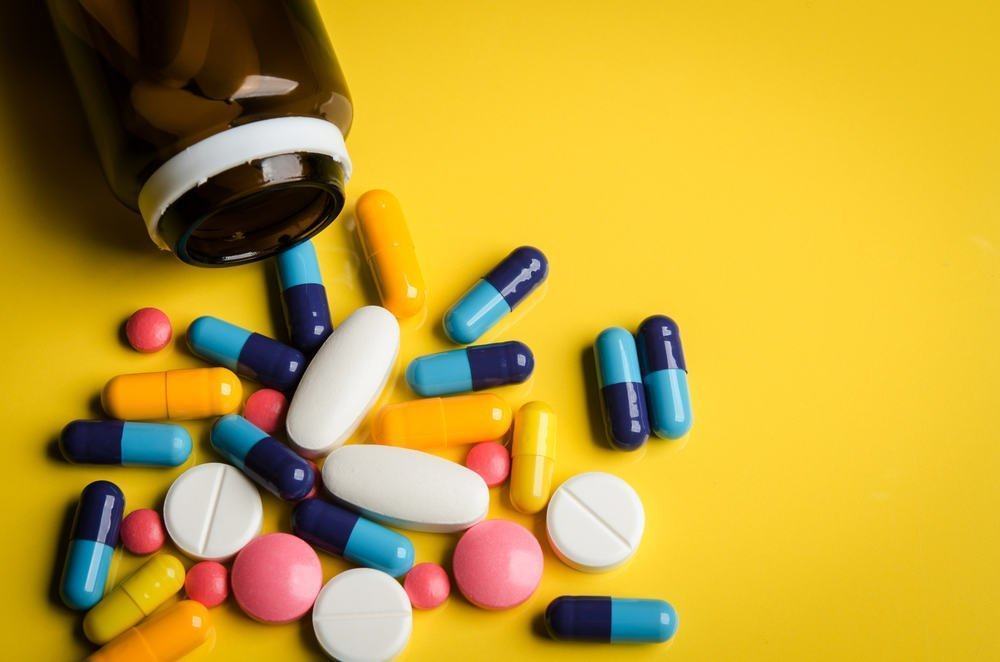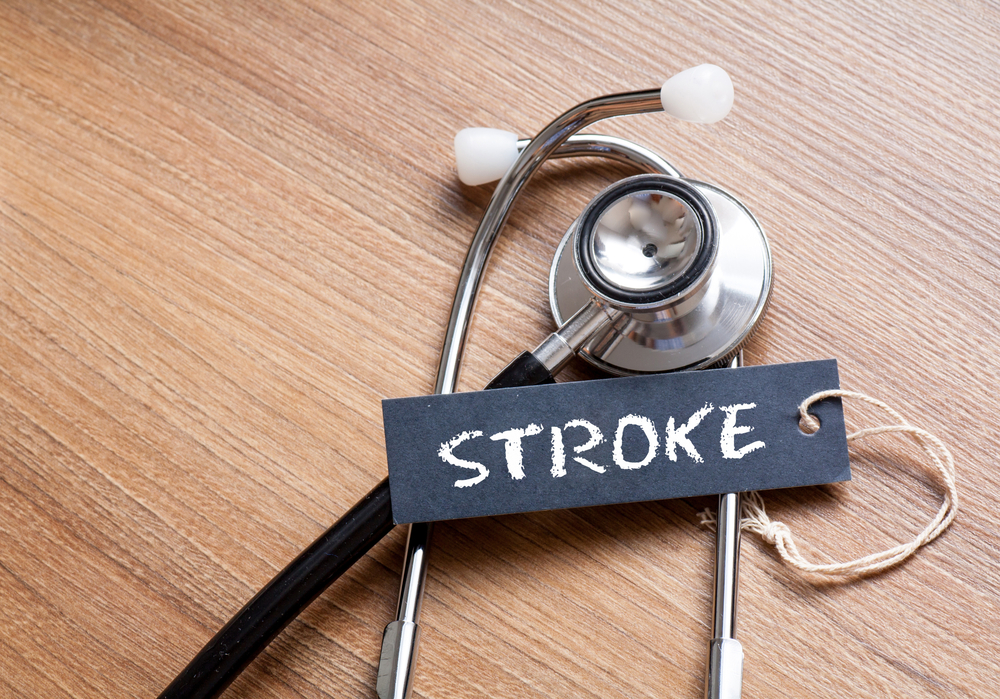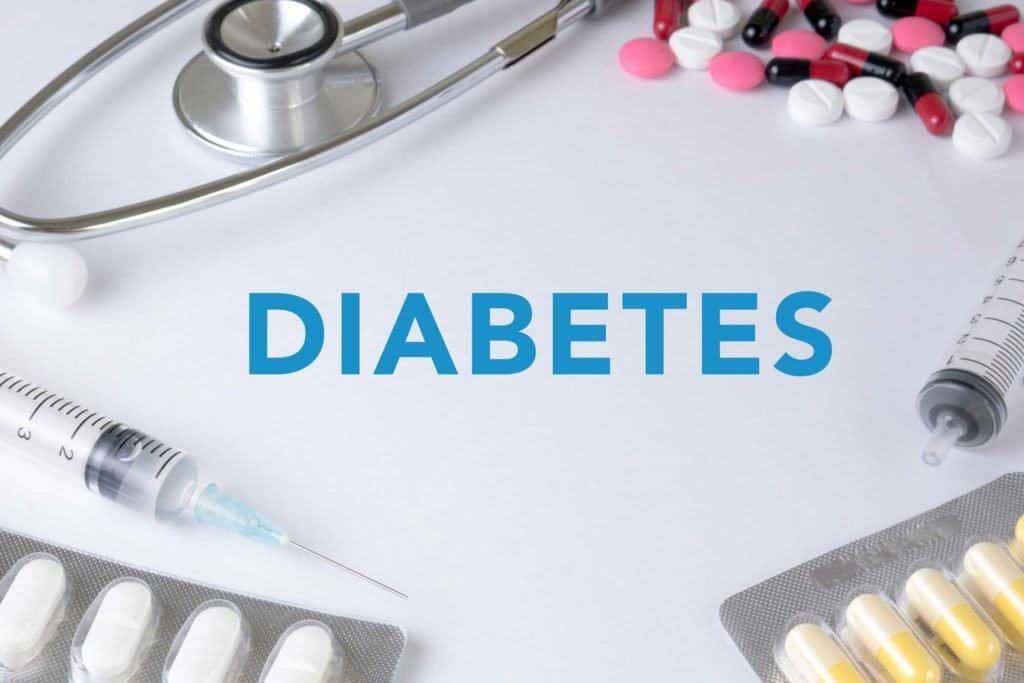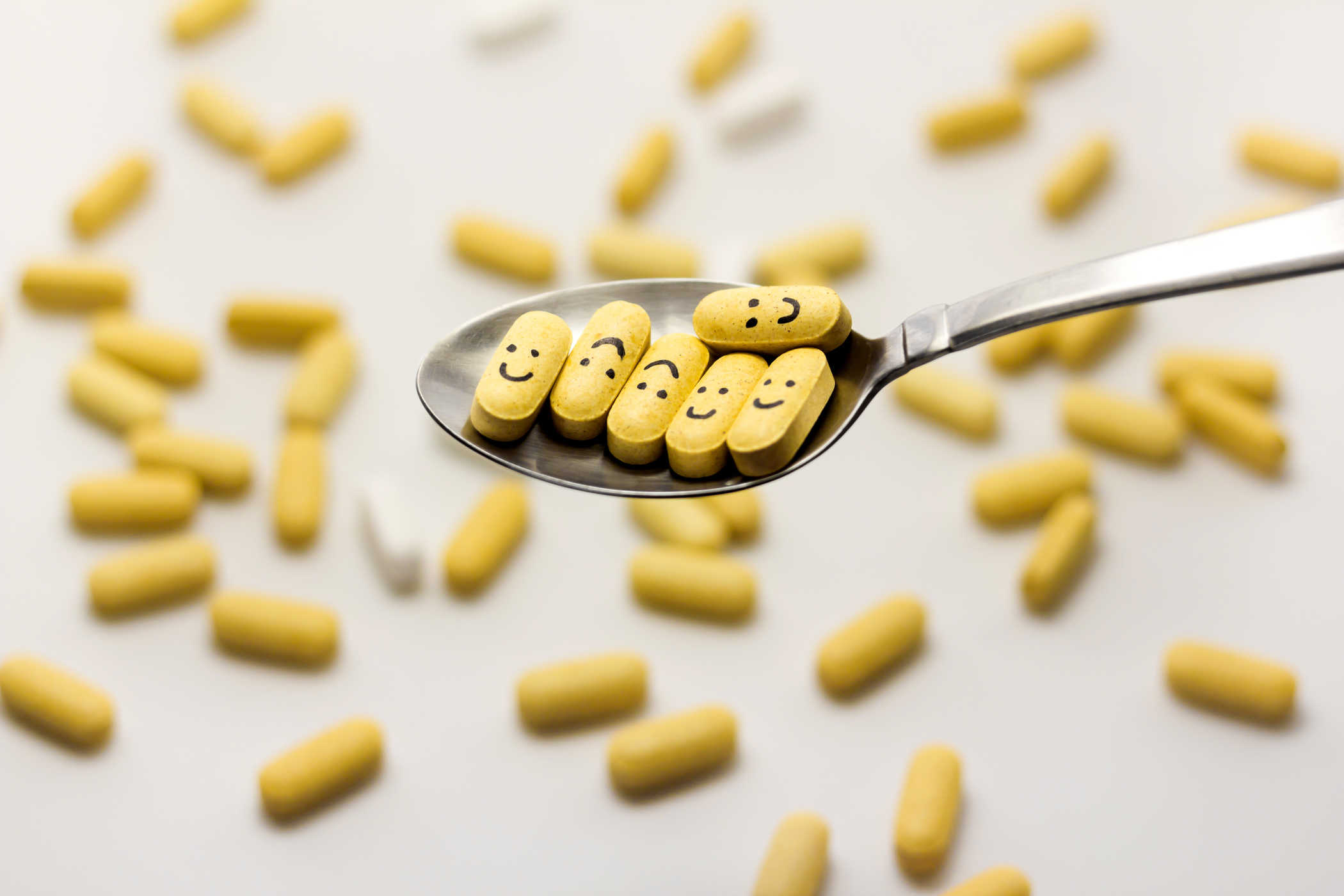Contents:
- Medical Video: Stop! Do Not Use Apple Cider Vinegar If You’re On Any Of These Medications
- All you need to know about the side effects of HIV drugs
- What are the signs and symptoms of side effects of HIV drugs?
- How do you deal with the side effects of HIV drugs?
Medical Video: Stop! Do Not Use Apple Cider Vinegar If You’re On Any Of These Medications
Almost all drugs to treat any type of disease can cause side effects, even though HIV drugs. Side effects of HIV drugs can cause a number of reactions, such as nausea, headache, abdominal pain, anxiety, or difficulty concentrating. You also have other side effects that you may never realize, because they occur in your body. You may not be aware of some physical side effects, such as damage to the liver or kidneys. But, do not make this an excuse to stop your treatment.
All you need to know about the side effects of HIV drugs
HIV drugs help many HIV positive people to live longer and healthier lives. Although not a healer, these drugs protect your immune system by preventing the virus from multiplying in the body. Routinely taking HIV medication allows you to live a longer and healthier life, and reduce the risk of HIV transmission to others.
However, like most drugs, the side effects of HIV drugs may not be avoided. Side effects are one reason why people stop using HIV drugs. Some side effects of the drug can appear very seriously which requires a doctor's consultation as soon as possible. There are also many other side effects of HIV drugs that are not so serious and you can overcome them yourself.
What is mandatory to remember, you should keep taking medication regularly and do not reduce the dose unless the doctor recommends it even if you feel uncomfortable with the symptoms caused. If you miss a lot of doses or reduce the dose alone, the effectiveness of the drug may disappear. However, there are some drugs that you should stop immediately if certain side effects arise.
What are the signs and symptoms of side effects of HIV drugs?
There are 2 types of side effects: short and long term side effects.
Side effects of short-term HIV drugs include fatigue, nausea, diarrhea and rash. These side effects can last up to several weeks and improve as the body adjusts to treatment. Other temporary side effects can include headaches, fever, muscle aches and dizziness. Ask your doctor whether you can use painkillers at pharmacies or stalls to alleviate these side effects.
In addition to the series of mild symptoms above, the risk of side effects of HIV drugs can be serious and emerge over time. Some of them include increased levels of cholesterol and other fats in the blood, sharply elevated blood sugar levels, changes in the way the body stores and breaks down fat, buildup of lactic acid in the blood, osteoporosis and liver damage. This complication requires special medical treatment or readjustment of HIV treatment therapy,
How do you deal with the side effects of HIV drugs?
You can deal with the side effects of short-term HIV drugs with the following steps:
- Increase rest, especially when fatigue arises after strenuous exercise.
- Eat smaller portions and limit spicy foods. Try to avoid the aroma of food that is too strong.
- Be sure to drink more water and other healthy drinks to replace fluid loss. Try to reduce your intake of raw foods, whole grains and spicy foods. Focus on foods that are tasteless until you feel better.
- Avoid using body care products that are scented, and wear soft and natural fibrous clothing such as cotton and linen.
With long-term side effects, you can follow the following tips:
- A simple blood test allows you to see an increase in cholesterol and other fat levels in the blood. You may need to use cholesterol medication and avoid fat in the eating menu.
- High blood sugar levels can cause diabetes. Changes in diet and use of diabetes medications may be needed.
- If your doctor diagnoses a change in the way your body stores or metabolizes fat, your doctor may be able to advise you to exercise that focuses on strength training and the use of tesamorelin, prescription drugs that target abdominal fat can help deal with the side effects of HIV treatment. Changes in the way the body regulates fat deposits can cause accumulation of fat in the abdomen and waist, and remove fat on the face and other limbs.
- Symptoms of accumulation of lactic acid in the blood include loss of appetite, nausea, vomiting and abdominal pain. Immediately report these symptoms to the doctor. You may need changes to HIV treatment.
- Bone density tests can ensure osteoporosis as a side effect of your HIV treatment. Preventive measures include weight training and diet that promotes bone health.
- Liver damage. Signs and symptoms include perit pain, cloudy urine, jaundice and brightly colored stools or clay. Doctors can test and determine what steps need to be taken.
Some side effects of HIV drugs can continue or cause serious problems. But there are many ways to deal with it so as not to interfere with your quality of life.
Hello Health Group does not provide medical advice, diagnosis or treatment.












